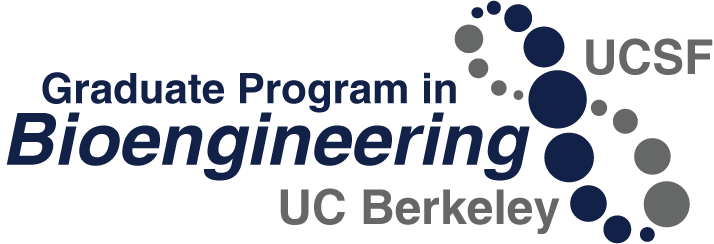Several members of the bioengineering graduate program have received research grants in the highly competitive first wave of National Institutes of Health (NIH) awards to support President Obama’s BRAIN (Brain Research through Advancing Innovative Neurotechnologies) Initiative.
UCSF Professor of Physiology Loren Frank, PhD, who is representing UCSF today at a White House conference where new federal and private sector commitments to the BRAIN Initiative will be unveiled, received a $2.5 million grant to lead a collaborative project with Vanessa Tolosa, PhD, of Lawrence Livermore National Laboratories. With industry partners Intan Technologies and SpikeGadgets, Frank and Tolosa are constructing brain-recording devices and software that will allow researchers to obtain and analyze signals from more than 1,000 separate channels.
UCSF’s Pratik Mukherjee, MD, PhD, professor of radiology and biomedical imaging, is one of the principal investigators on a UC Berkeley-administered grant to advance the spatial resolution of magnetic resonance imaging (MRI), with the goal of increasing the detail in brain images more than 30 times over today’s most powerful MRI scanners. David Feinberg, PhD, a UC Berkeley adjunct professor of neuroscience, along with Mukherjee and collaborators at Harvard University and Duke University, will receive $1.4 million over three years.
UC Berkeley’s Richard Kramer’s team will develop light-triggered chemical compounds that selectively activate or inhibit neurotransmitter receptors on neurons, to precisely control the signals sent between brain cells in behaving animals.
Berkeley’s Steven Conolly is part of team led by Massachusetts General Hospital that received $1.6 million over three years from NIH to develop functional Magnetic Particle Imaging (MPI) to replace functional magnetic resonance imaging (fMRI), which today is the best way to determine the areas of the brain activated during specific tasks. Conolly, who operates the Berkeley Imaging Systems Laboratory, has built the only functional MPI imager, which could someday enable direct reading of brain activation without averaging. This would allow brain measurements of single patients rather than averages over many patients, greatly impacting clinical treatment.
Learn more about the BRAIN initiative at the NIH.
